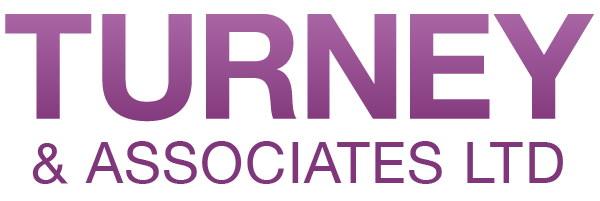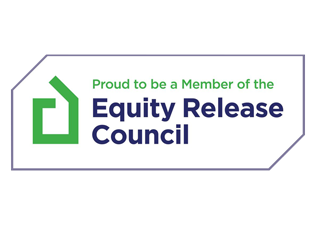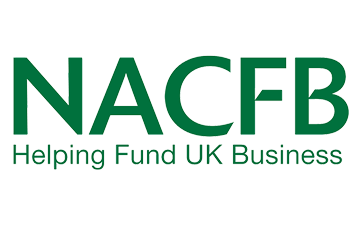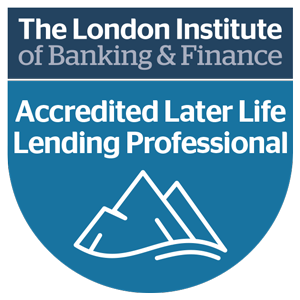You must pay Stamp Duty Land Tax (SDLT) if you buy a property or land over a certain price in England and Northern Ireland.
You pay the tax when you:
- buy a freehold property
- buy a new or existing leasehold
- buy a property through a shared ownership scheme
- are transferred land or property in exchange for payment, for example you take on a mortgage or buy a share in a house
Thresholds
The threshold is where SDLT starts to apply. If you buy a property for less than the threshold, there’s no SDLT to pay.
Rates for a single property
You pay stamp duty at these rates if, after buying the property, it is the only residential property you own.
| Property or lease premium or transfer value | SDLT rate |
|---|---|
| Up to £250,000 | 0% |
| From £250,001 to £925,000 | 5% |
| From £925,001 to £1.5 million | 10% |
| The remaining amount (the portion above £1.5 million) | 12% |
First-time buyers
If you are buying your first home
You can claim a discount (relief) if the property you buy is your first home. This means you’ll pay:
- No SDLT up to £425,000 (up to a purchase price of £625,000)
- 5% SDLT on the portion from £425,001 to £925,000
- Subsequent brackets are the same as above.
You’re eligible if you and anyone else you are buying with are first-time buyers.
Higher rates for additional properties
You’ll usually have to pay 3% on top of SDLT rates if buying a new residential property means you’ll own more than one.
If you’re replacing your main residence
You will not pay the extra 3% SDLT if the property you’re buying is replacing your main residence and that has already been sold.
If you have not sold your main residence on the day you complete your new purchase you’ll have to pay higher rates. This is because you own 2 properties.
You can apply for a refund if you sell your previous main home within 36 months.
How much you pay
How much you pay depends on whether the land or property is residential or non-residential or mixed-use.
If you’re buying a residential property there are different rates of SDLT if:
- you’re a first-time buyer
- you already own a property and you’re buying an additional property
- you’re not a UK resident
You can use HM Revenue and Customs’ (HMRC) Stamp Duty Land Tax calculator to work out how much tax you’ll pay.
You may be able to reduce the amount of tax you pay by claiming relief, such as if you’re a first-time buyer or purchasing more than one property (‘multiple dwellings’).
The value you pay SDLT on (the ‘consideration’)
The total value you pay SDLT on (sometimes called the ‘consideration’) is usually the price you pay for the property or land.
Sometimes it might include another type of payment like:
- goods
- works or services
- release from a debt
- transfer of a debt, including the value of any outstanding mortgage
Find out how to work out the consideration if your situation is complicated.
How and when to pay
You must send an SDLT return to HMRC and pay the tax within 14 days of completion.
If you have a solicitor, agent or conveyancer, they’ll usually file your return and pay the tax on your behalf on the day of completion and add the amount to their fees. They’ll also claim any relief you’re eligible for, such as if you’re a first-time buyer.
If they do not do this for you, you can file a return and pay the tax yourself.
There are certain situations where you do not need to send a return.
For further information or help with a calculation, please see the Government’s Stamp Duty Land Tax pages.
Updated June 2024.
More useful guides





